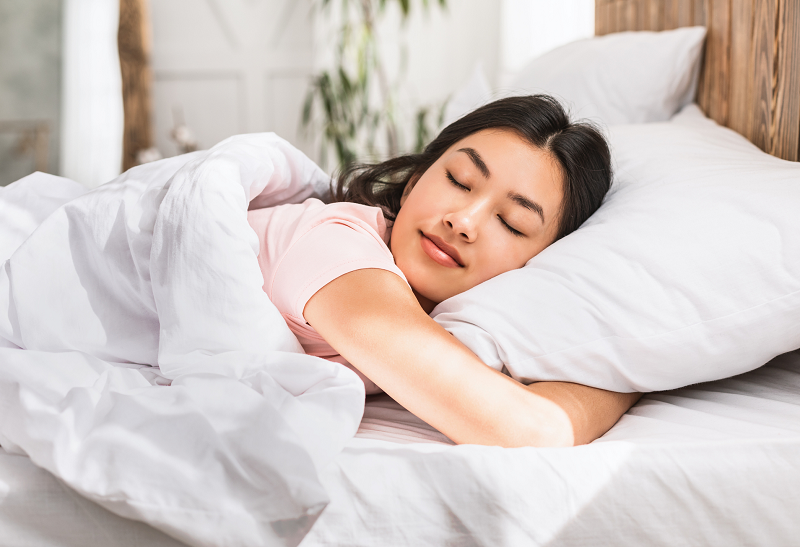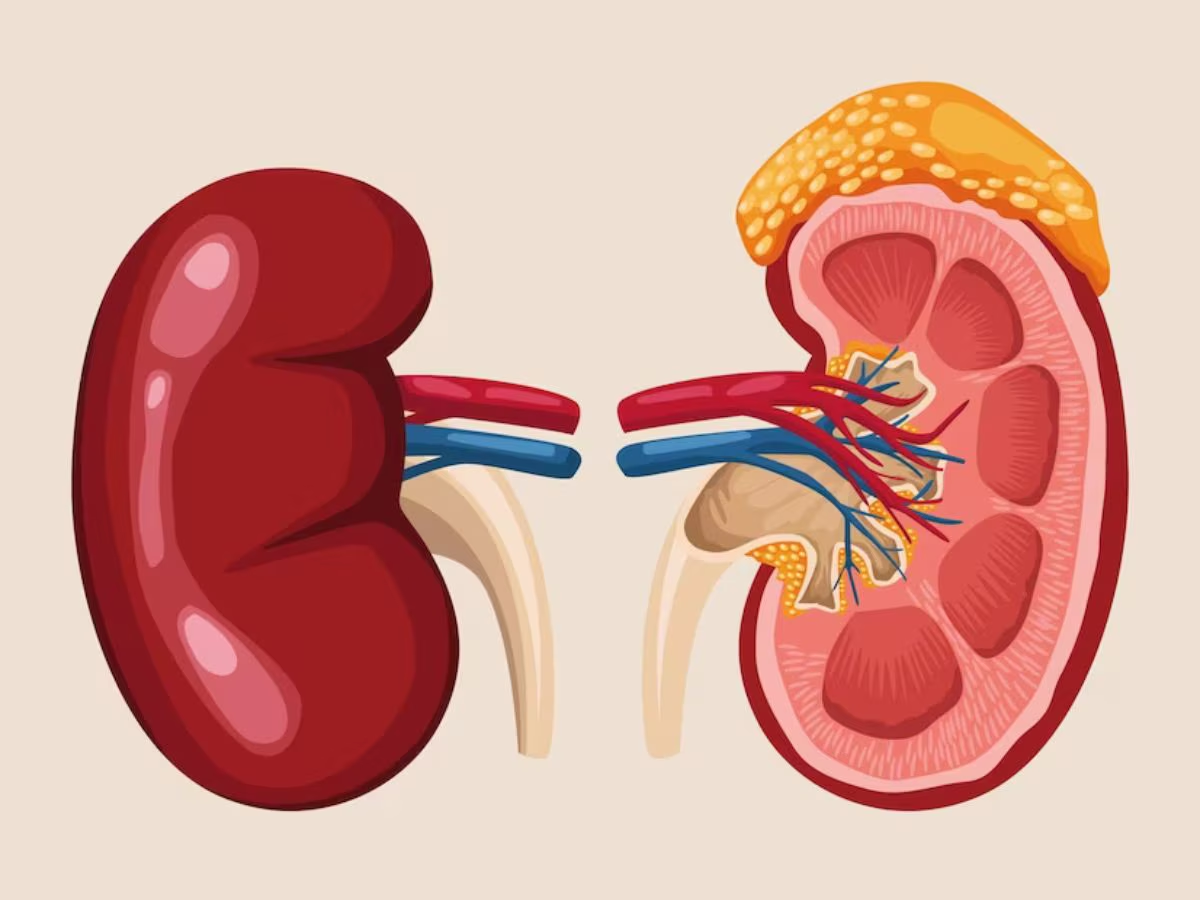When it comes to a good night's sleep, your bedtime habits play a vital role. While we often hear about the importance of a bedtime routine, one aspect that is often overlooked is our late-night snacking choices. What you eat before bed can significantly affect the quality of your sleep. In this article, we will explain in detail the foods you should avoid before eating to ensure a peaceful and restful night's sleep.

Relationship between food and sleep
Before we learn about specific foods to avoid, let's understand the connection between what you eat and sleep.
1. Circadian rhythm
Our bodies have internal clocks known as circadian rhythms, which regulate various physiological processes, including sleep. These rhythms are influenced by external signals, such as light and food consumption. Eating at irregular times, especially late at night, can disrupt your circadian rhythm and make it challenging to fall asleep.
2. Digestion and sleep
Digestion is an energy-intensive process that requires blood flow to your digestive organs. When you eat heavy or rich food before bed, your body becomes busy digesting instead of preparing for sleep. This may cause discomfort and difficulty sleeping.
Foods to Avoid Before Sleeping
Now let's identify the culprits that can spoil your sleep if consumed before bed.
3. Caffeine
We all know caffeine is a stimulant, but its effects can last for hours. Avoid coffee, tea, and energy drinks several hours before bed to prevent sleep disturbances.
4. Spicy Food
Spicy foods can cause heartburn and indigestion, making lying down and sleeping uncomfortable. Stay away from spicy dishes in the evening.
5. Aromatic dishes
Sugar can cause a rapid spike in blood sugar levels, which can then lead to a crash. This rollercoaster effect can cause restlessness during the night. Say no to sugary snacks and sweets before bed.
6. Fatty and greasy foods
Fatty and greasy foods take longer to digest, increasing the risk of acid reflux and causing discomfort when trying to sleep. Avoid fried food and heavy sauces in the evening.
7. Alcohol
Although alcohol may make you feel drowsy initially, it can also disrupt your sleep cycle and cause frequent awakenings during the night.
8. High Protein Food
Protein is essential to your diet, but consuming high-protein meals late at night can cause your digestive system to work overtime, potentially causing discomfort.
sleep friendly option
Now that we've discussed foods to avoid, let's explore some sleep-friendly options.
9. Herbal Tea
Opt for caffeine-free herbal teas like chamomile or valerian root, which have calming properties and can promote relaxation before bed.
10. Complex Carbohydrates
Complex carbohydrates, such as whole grains and oats, may help increase the production of serotonin, a hormone that aids in sleep regulation.
11. Bananas
Bananas are a natural source of melatonin and magnesium, which may help relax muscles and improve sleep quality.
12. Nuts
A handful of nuts, such as almonds or walnuts, provide a healthy dose of magnesium and tryptophan, which promotes better sleep.
time matters
13. Eat at least 2-3 hours before sleeping
For proper digestion, aim to finish your evening meal at least 2-3 hours before bedtime.
14. Light breakfast if necessary
If you're really hungry before bed, opt for a light, sleep-friendly snack like a banana or a small bowl of oatmeal. In conclusion, what you eat before bed can have a significant impact on the quality of your sleep. Avoiding caffeine, spicy, sweet, fatty and heavy protein foods before sleeping is essential for a restful night's sleep. Instead, choose sleep-friendly options like herbal teas, complex carbohydrates, bananas and nuts. Remember that timing matters; Finish your last meal at least 2-3 hours before bedtime for optimal sleep hygiene. By making conscious choices about your late-night snacks, you can ensure a peaceful night's sleep and wake up feeling refreshed and refreshed in the morning.










